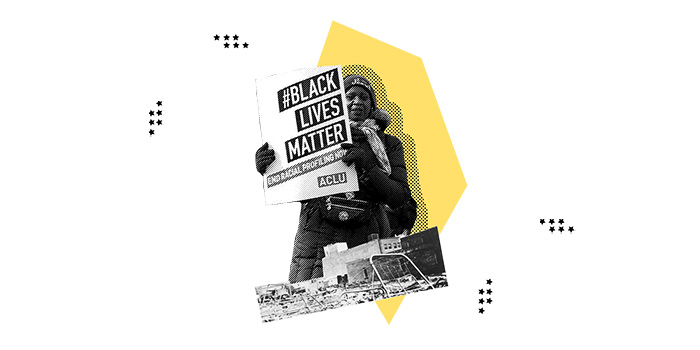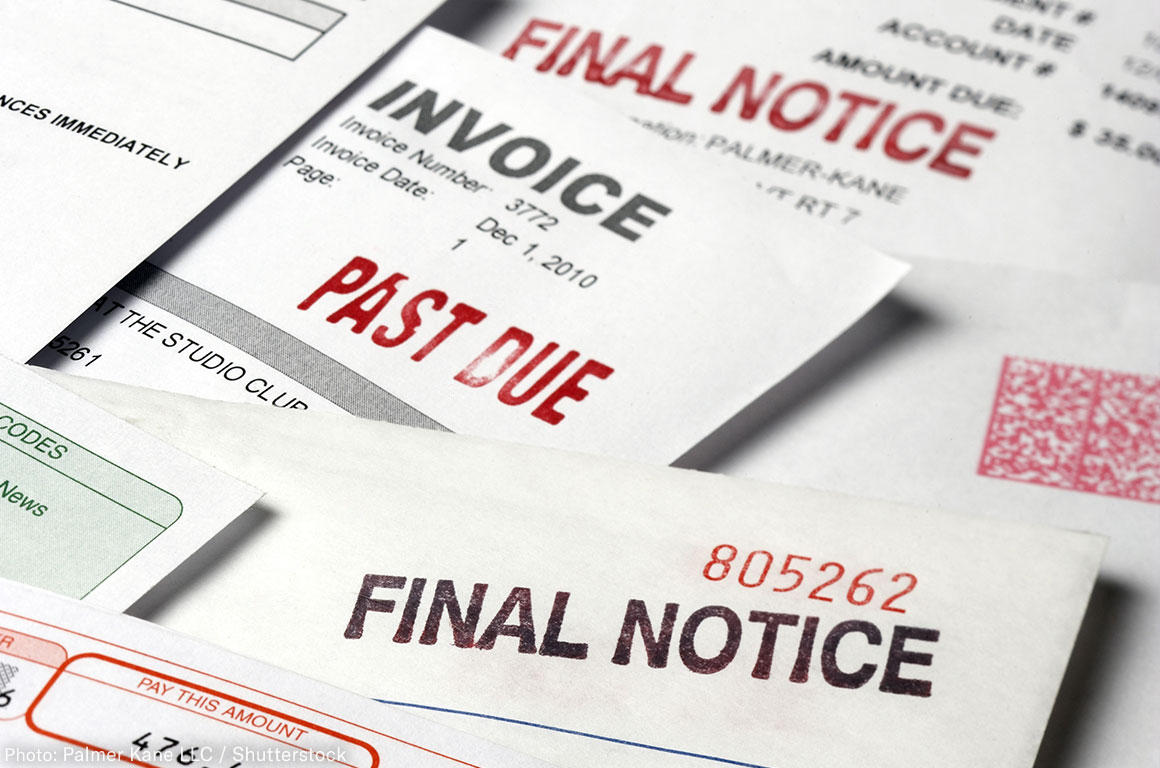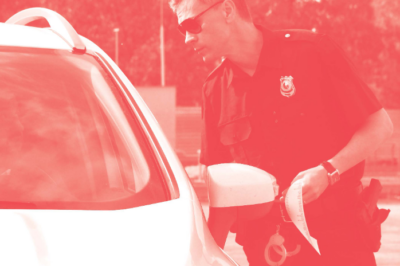Debtors' Prisons
The ACLU and its affiliates have been exposing and challenging modern-day debtors’ prisons, urging governments and courts to pursue more rational and equitable approaches to criminal legal system debt.

What you need to know
Stay informed about our latest work in Debtors' Prisons.
By completing this form, I agree to receive occasional emails per the terms of the ACLU's privacy statement.
The Latest
Explore More
What's at Stake
Nearly two centuries ago, the United States formally abolished the incarceration of people who failed to pay off debts. Yet, recent years have witnessed the rise of modern-day debtors’ prisons — the arrest and jailing of poor people for failure to pay legal debts they can never hope to afford, through criminal legal system procedures that violate their most basic rights. These trends devastate communities across the country as unmanageable debt and household financial crises become ubiquitous, and they impact Black and Latine communities most harshly due to longstanding racial and ethnic gaps in poverty and wealth.
The ACLU and ACLU affiliates across the country have been exposing and challenging modern-day debtors’ prisons across the country.
Nearly two centuries ago, the United States formally abolished the incarceration of people who failed to pay off debts. Yet, recent years have witnessed the rise of modern-day debtors’ prisons — the arrest and jailing of poor people for failure to pay legal debts they can never hope to afford, through criminal legal system procedures that violate their most basic rights. These trends devastate communities across the country as unmanageable debt and household financial crises become ubiquitous, and they impact Black and Latine communities most harshly due to longstanding racial and ethnic gaps in poverty and wealth.
The ACLU and ACLU affiliates across the country have been exposing and challenging modern-day debtors’ prisons across the country.




